2025 ACF: Stakeholders, Nigeria, Kenya Governments Unite to Drive Africa’s Green Transition in Belém
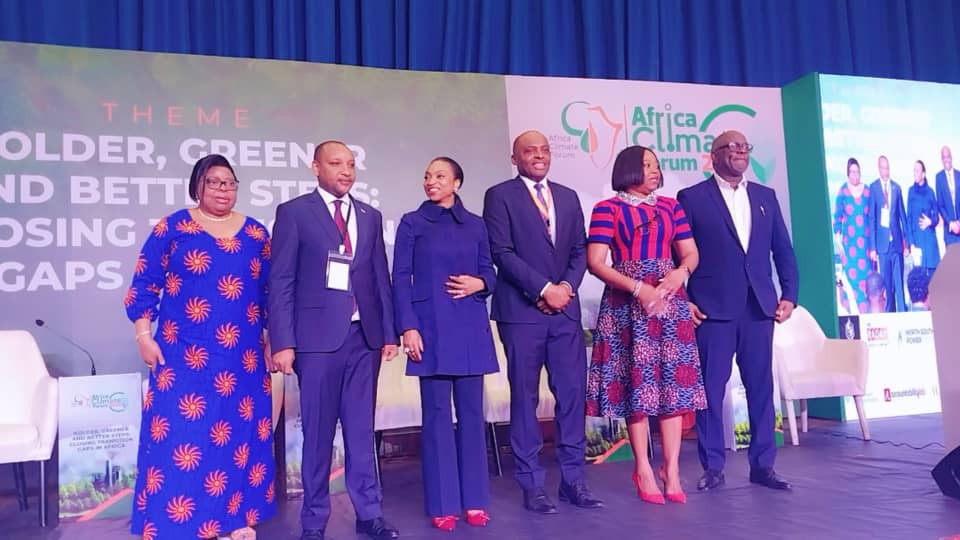
By Fatima Saka, Abuja
Ahead of the 30th Conference of the Parties (COP30) in Belém, Brazil, the Federal Government of Nigeria, the Government of Kenya, and key stakeholders have reaffirmed their commitment to strengthening Africa’s climate resilience and sustainable development agenda at the 2025 edition of the Africa Climate Forum (ACF), themed “Bolder, Greener, and Better Steps: Closing Transition Gaps in Africa.”
The forum, convened by Dr. George Nwangwu, Director-General of the Global Centre for Law, Business and Economy (GCLBE) and founder of ACF, on Tuesday in Abuja, brought together policymakers, diplomats, academics, development partners, and civil society leaders to chart actionable pathways for Africa’s green transition.
In his welcome address, Dr. Nwangwu described the ACF as a “cornerstone of the global climate action movement,” urging African leaders to confront the governance, finance, human rights, and energy access gaps that continue to undermine the continent’s transition efforts.
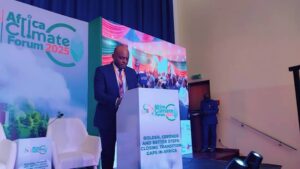
“ACF 2025 is not just a forum; it is a call to action,” Nwangwu declared. “Africa must close the governance, finance, and energy gaps that hinder its progress. The time for action is now.”
He highlighted global climate milestones, including the pledge of $300 billion annually by 2035 to support developing nations and the establishment of the Loss and Damage Fund. However, he cautioned that Africa still receives less than four percent of global climate finance, calling for greater accountability and innovative financing models to unlock the continent’s full potential.
Minister of Aviation and Aerospace Development, Festus Keyamo (SAN), who represented by Dr. Obafemi Bajumo, reaffirmed Nigeria’s resolve to lead Africa’s climate response through ambitious reforms and sectoral innovation.
“As host of ACF 2025, Nigeria recognizes that closing transition gaps is an urgent imperative, not only to meet our global obligations but to secure the lives and livelihoods of our people,” he stated.
Keyamo’s goodwill message underscored Nigeria’s climate milestones, including the Climate Change Act, the Energy Transition Plan, and the expansion of renewable energy and reforestation programmes. He also spotlighted Nigeria’s commitment to sustainable aviation through carbon-neutral policies and the development of Sustainable Aviation Fuels (SAF) in line with ICAO’s 2050 net-zero targets.
Speaking further, Minister of Industry, Trade and Investment, Dr. Jumoke Oduwole, emphasized that her ministry, as a key enabler across sectors, is committed to ensuring that climate conversations go beyond rhetoric to tangible, investment-driven action.
“We are focusing on translating discussions into real economic opportunities from carbon credit markets and renewable energy investments to sustainability initiatives, data centres, technology, and artificial intelligence,” Dr. Oduwole said. “These are all vital components of the broader climate justice agenda, and this forum is taking the lead in advancing that conversation across Africa.”
She noted that the ACF aligns closely with the goals of the African Continental Free Trade Area (AfCFTA), particularly in catalysing green investments across the continent.
“With a population of over 200 million people, Nigeria stands at the forefront of this transformation. I commend Dr. George Nwangwu for this remarkable initiative,” she added.
Reflecting on the forum’s progress since its inception, Oduwole highlighted its impact in shaping Africa’s climate agenda.
“When we started, our goal was to set the tone for Africa’s engagement at the COP meetings. Hosting this conference ahead of COP30 allows us to streamline key issues and present a unified African voice on matters that directly affect our continent,” she explained.
She added that the ACF has become a catalyst for innovation and entrepreneurship, with several startups leveraging its platform to showcase projects and secure investments.
“Our exhibition segment, the marketplace, has opened doors for businesses to display innovations and build partnerships. Beyond shaping policies, the ACF is creating real economic value by connecting investors, entrepreneurs, and industries in meaningful ways,” she noted.
Also speaking, Minister of Labour and Employment, Muhammadu Maigari Dingyadi, emphasized the importance of making Africa’s green transition inclusive and labour-driven.
“The labour sector plays a crucial role in this transition. Climate action must translate into decent jobs, green skills, and equitable opportunities,” he said.
Adding a continental perspective, Kenya’s High Commissioner to Nigeria, Ambassador Isaac Parashina, commended the forum for fostering policy alignment and regional collaboration. He shared Kenya’s success story in renewable energy, where over 90 percent of the country’s electricity now comes from clean sources such as geothermal, hydro, wind, and solar.
“Africa does not lack vision, it lacks cohesion between aspirations, institutions, and resources,” Ambassador Parashina said. “Kenya’s journey proves that climate resilience is achievable through long-term governance, policy clarity, and community-driven initiatives.”
He further called for equitable access to global climate finance, estimating that Africa will require $250 billion annually by 2030 to meet its climate goals.
READ ALSO: IPAC Calls for Comprehensive Electoral Reforms Ahead of 2027 Polls
ASUU Strike: CONUA distances self, pledges solidarity with FG
Now in its third edition, the Africa Climate Forum (ACF 2025) continues to serve as a strategic platform for shaping climate policy, mobilizing investment, and accelerating Africa’s sustainable transition ahead of COP30.
As discussions continue, participants from across government, academia, and industry echoed a unified message Africa’s green future depends on bold partnerships, decisive governance, and homegrown innovation.

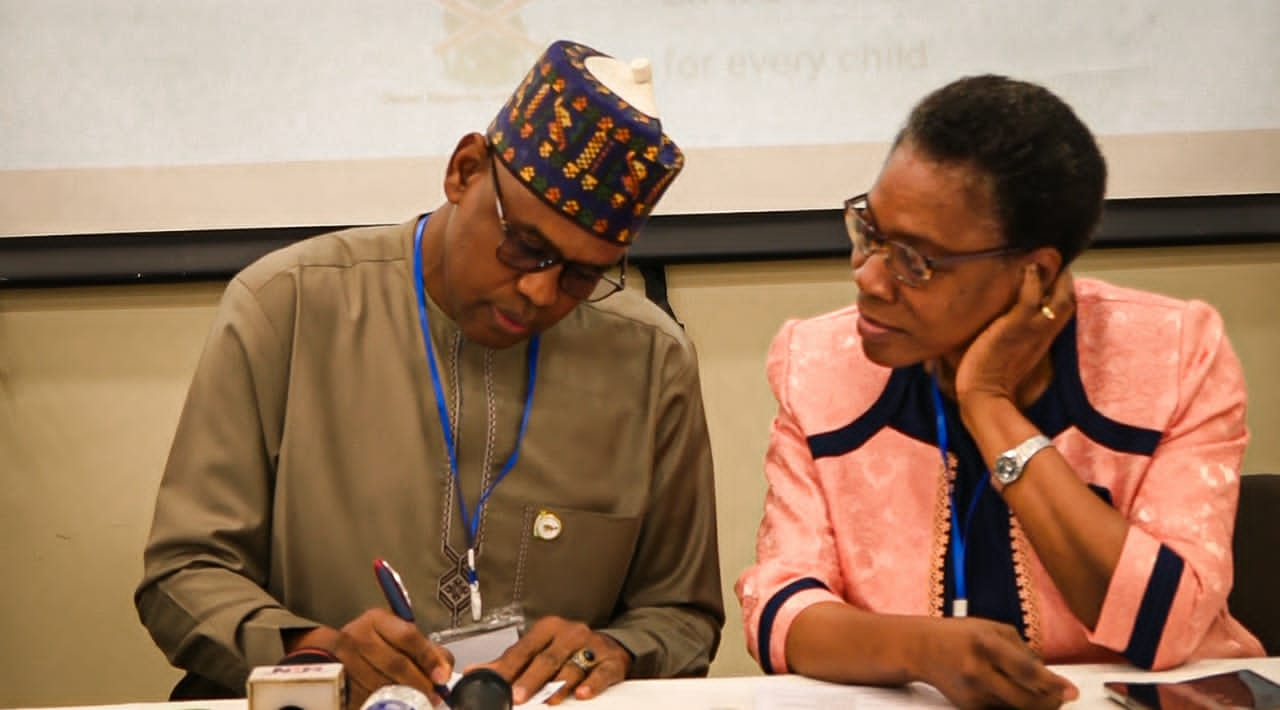


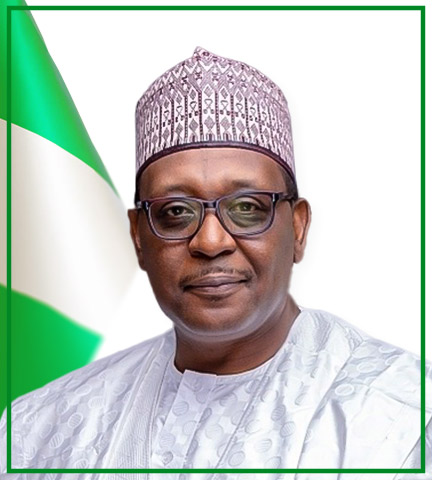
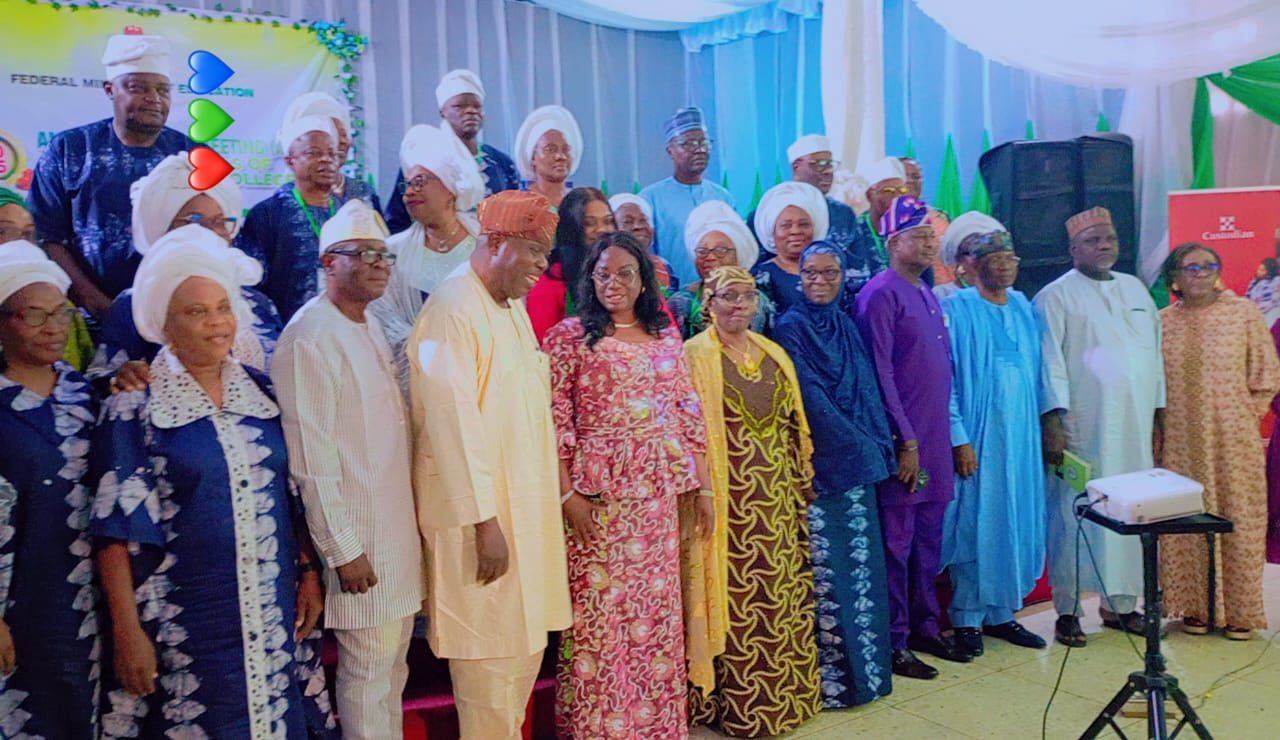
Nassau Airport Shuttle Transfer ensures every group airport shuttle Nassau Bahamas ride is seamless. Enjoy top-rated Nassau airport shuttle service and safe private Nassau airport transportation with prompt shuttle transfer from Nassau airport.